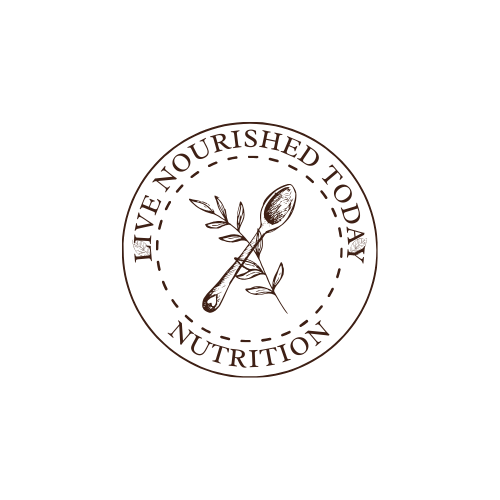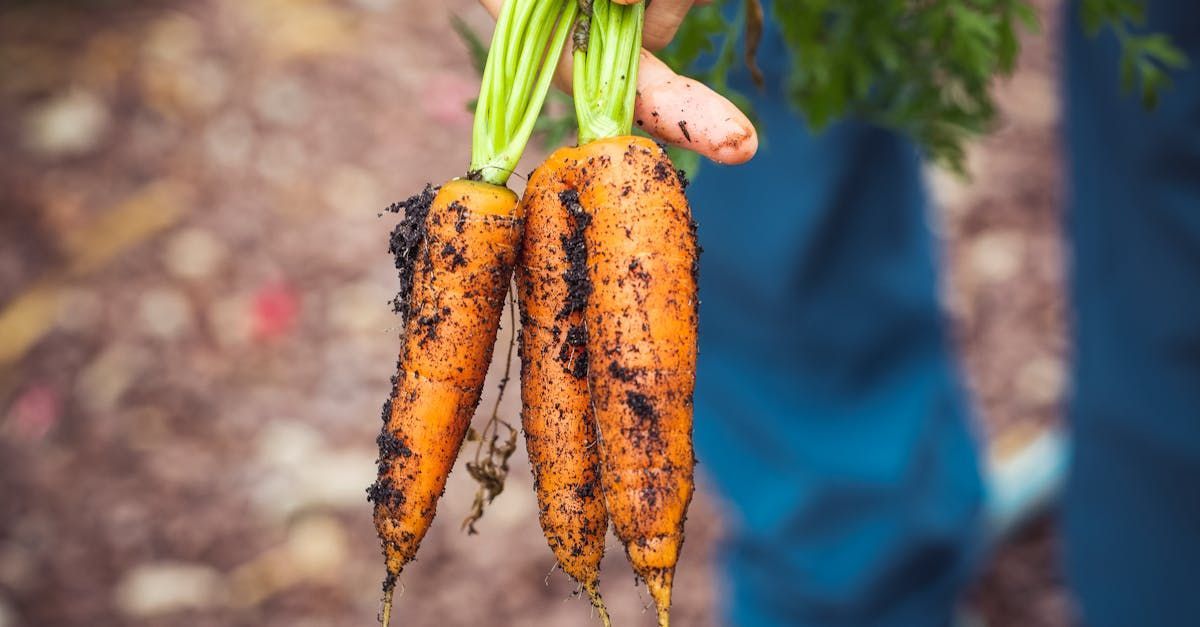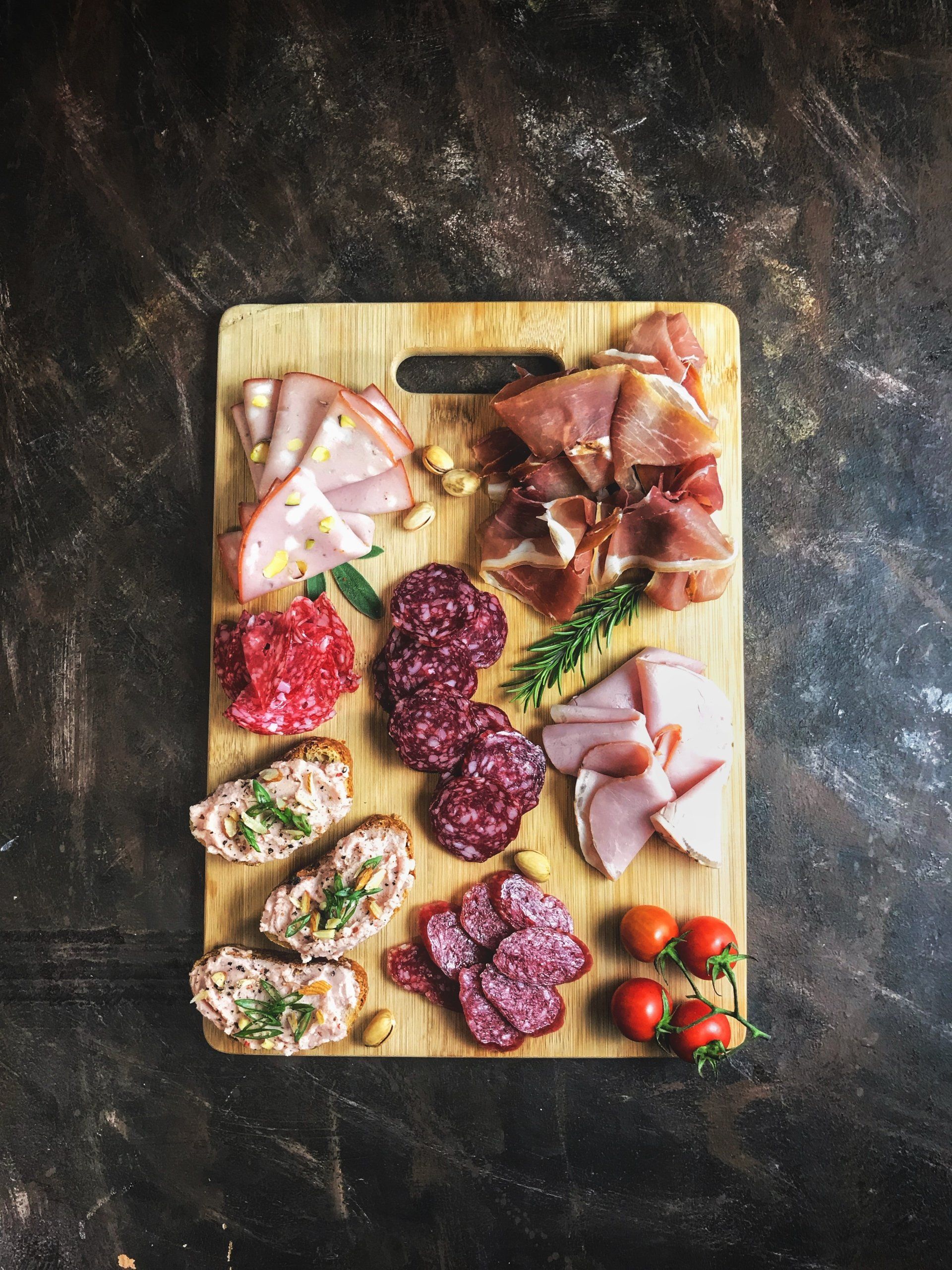Live Nourished Today, LLC
Bloating and swelling can come stem from numerous factors. Here are some tips to help reduce the amount of bloating you have and ease the discomfort.
Lifestyle changes to help:
• Slow down while eating, make sure you chew multiple times before swallowing.
• Eat multiple times throughout the day. Incorporate snacks in between meals in order to prevent feeling fatigued and uncomfortably full.
• Keep a food diary to identify which foods make your bloating worse.
• Incorporate movement into your daily routine. Whether it’s walking, weight lifting, pilates or more, regular exercise can help improve digestion, reducing bloating and swelling.
What can make Bloating Worse?
• Foods high in fiber can make bloating worse. Fiber is very important but be sure to incorporate fiber into your diet SLOWLY.
• High FODMAP foods are foods that can lead up to a build up of excess gas production and bloating. Identify if these foods affect you or not when you consume them.
• Common foods that produce gas are beans, lentils, cabbage, broccoli, and onions.
• Foods containing sugar alcohols such as xylitol and sorbitol and mannitol typically in gums, candy and drinks.
• Carbonated drinks can contribute to bloating by introducing more gas into your gut.
• Food intolerances such as lactose can cause bloating
What can Help Reduce or Eliminate Bloating/Swelling?
• Consider supplementing with probiotics
• Consume more fermented foods that are rich in probiotics such as kimchi, yogurt, sauerkraut, sourdough bread, and tempeh.
• Add more ginger into your diet or make ginger tea. This can help move gas along the digestive tract.
• Drink at least 30-60 oz of water per day to prevent constipation
• Try peppermint tea or capsules. This may help reduce bloating and discomfort associated with gas and bloating.



